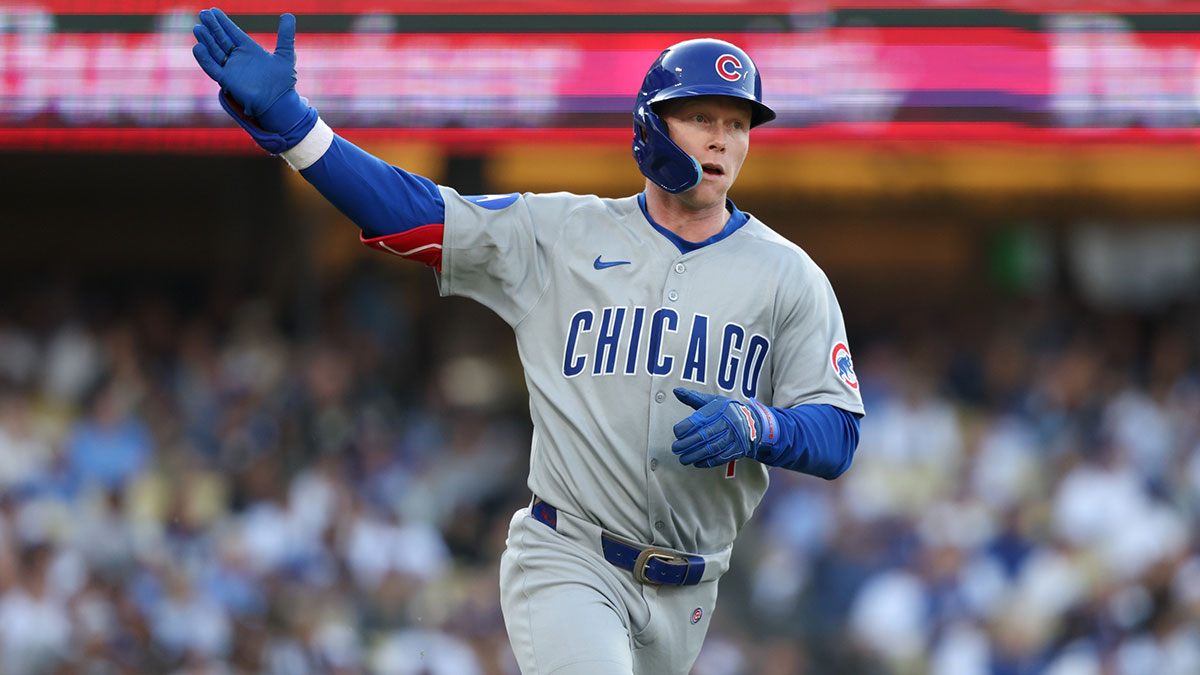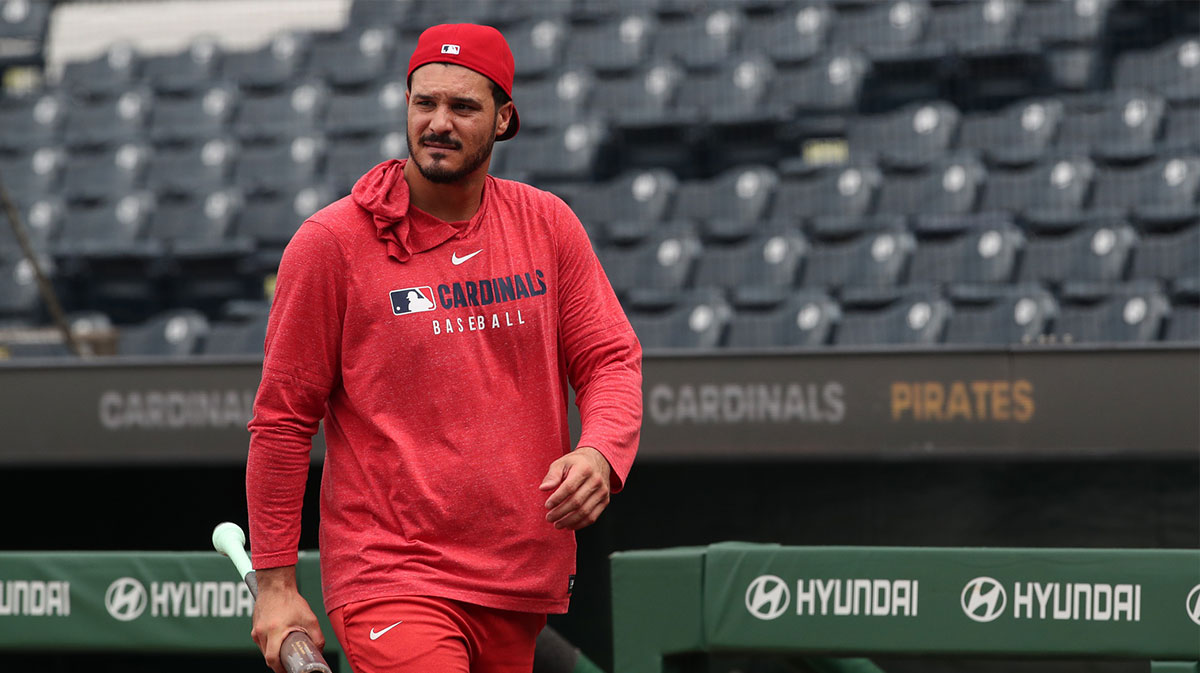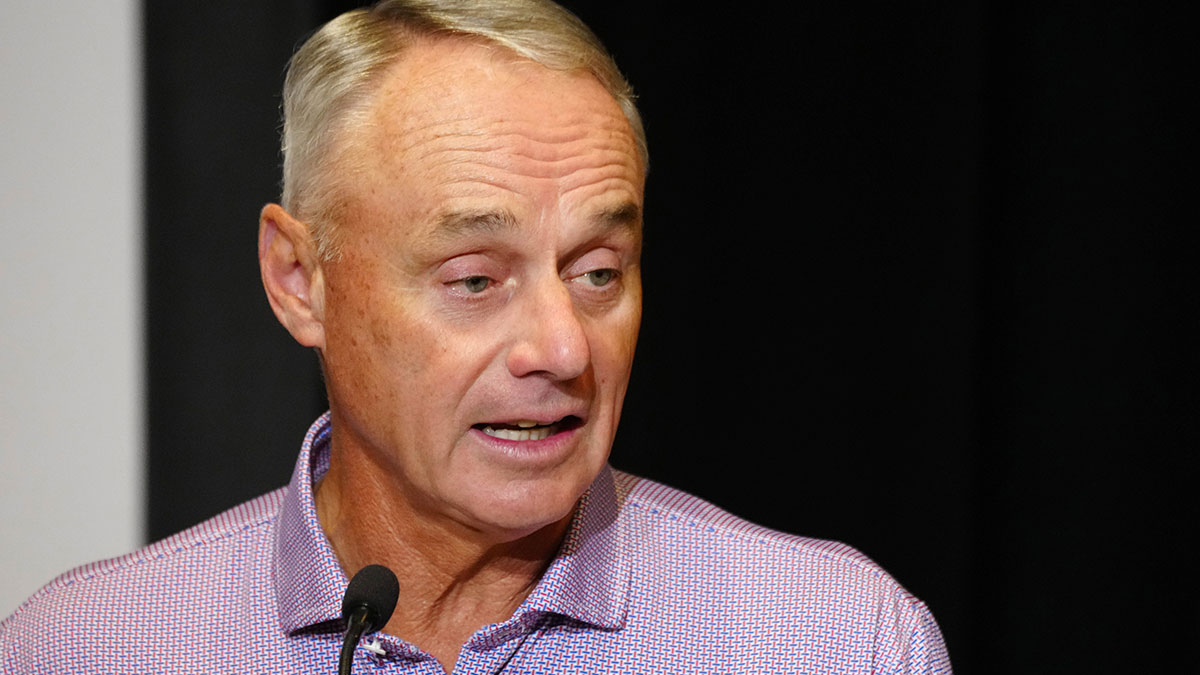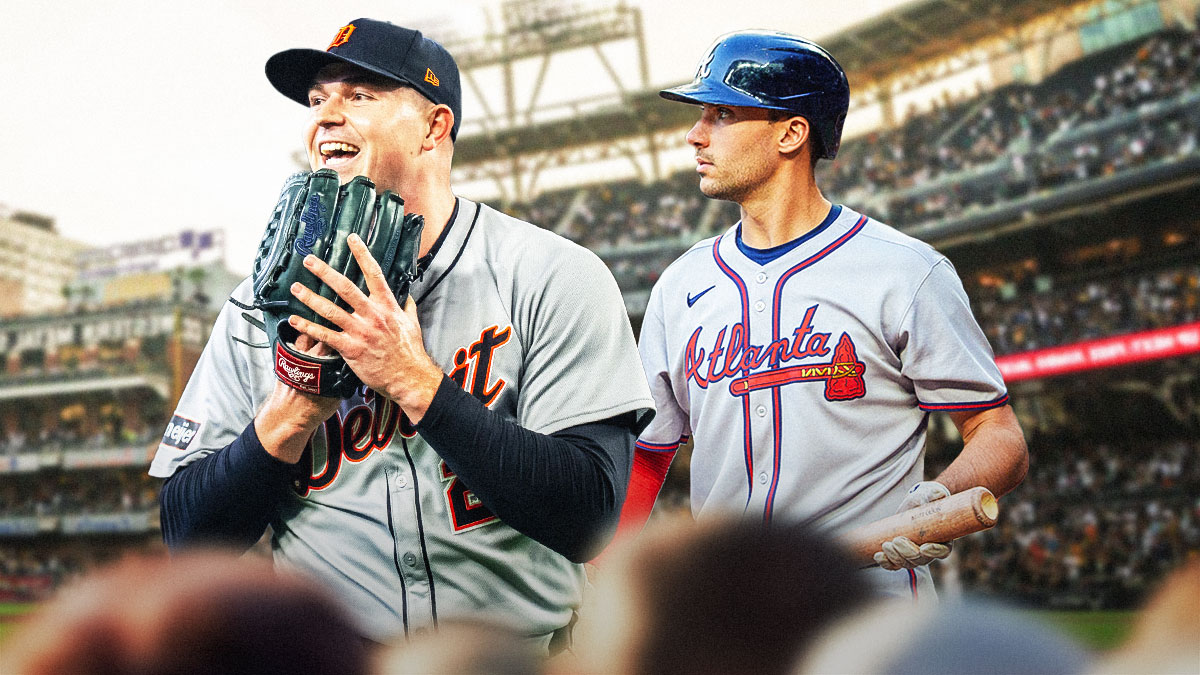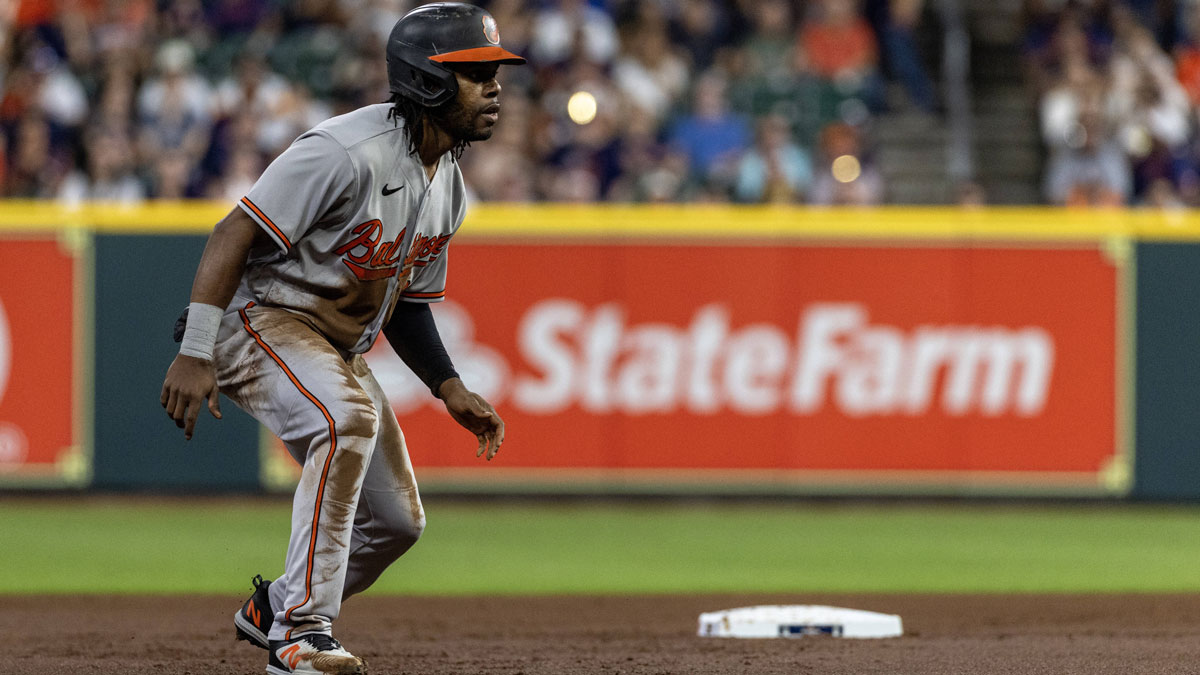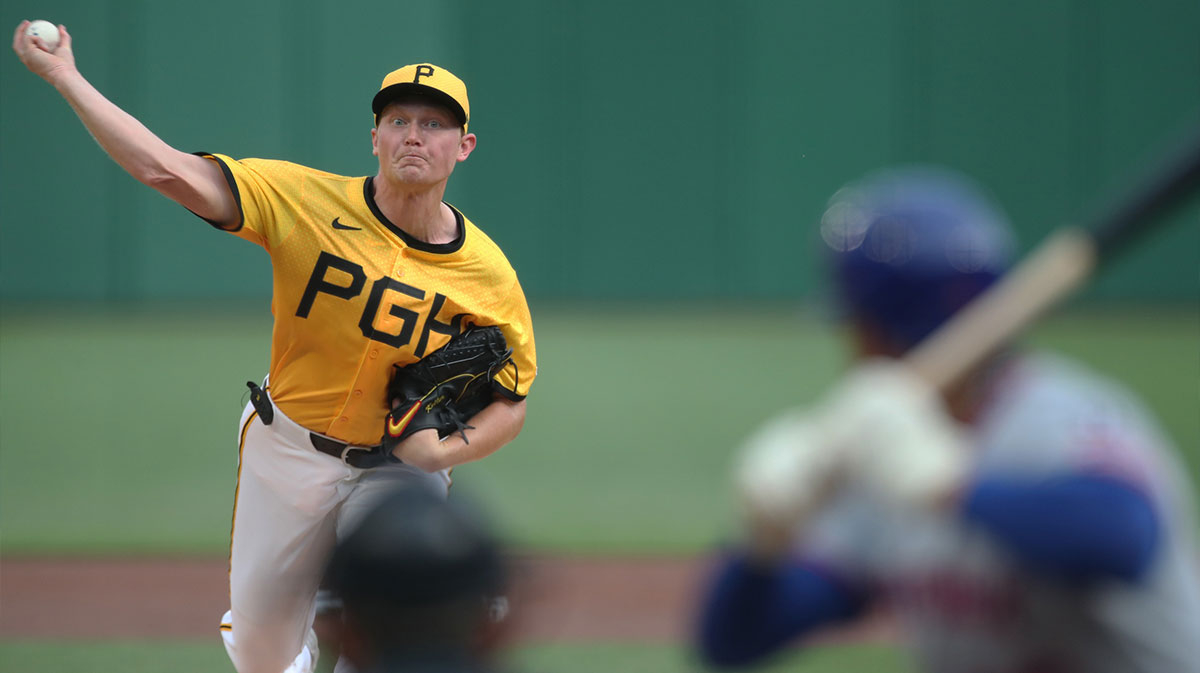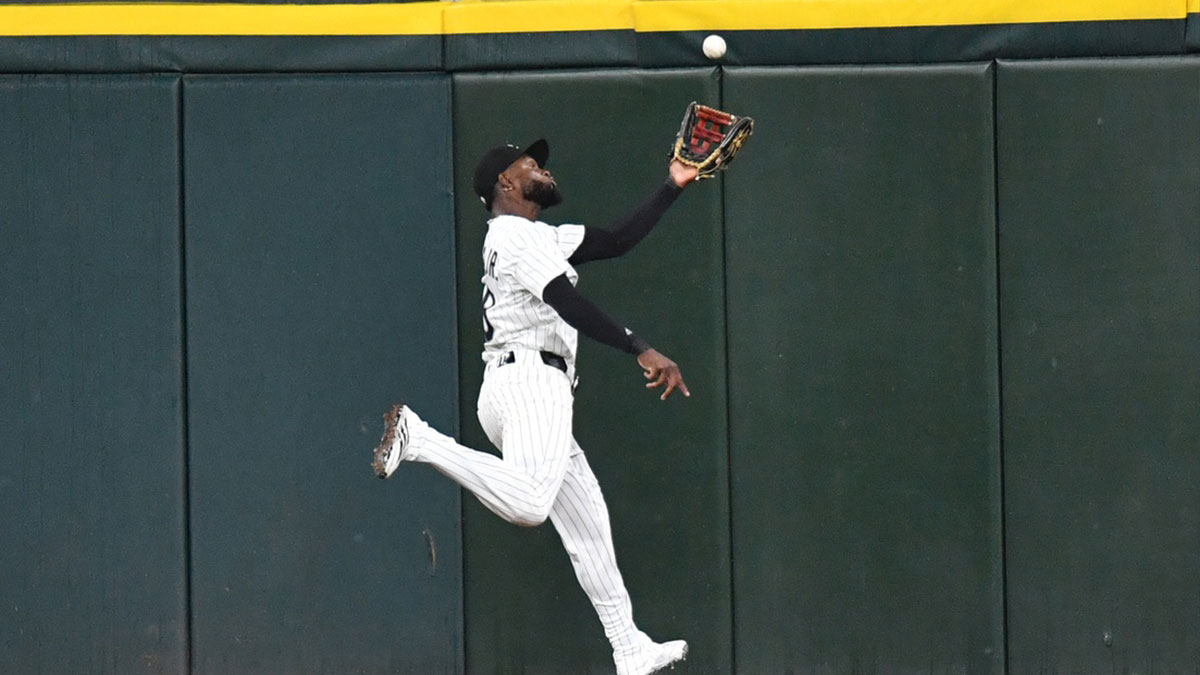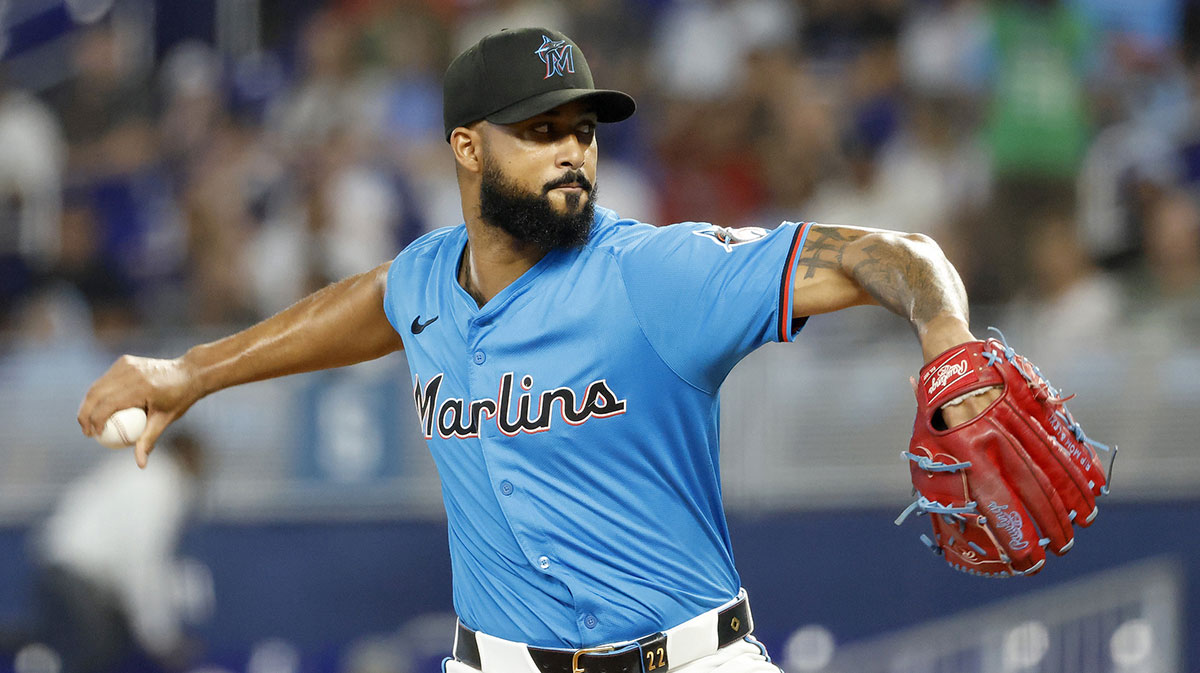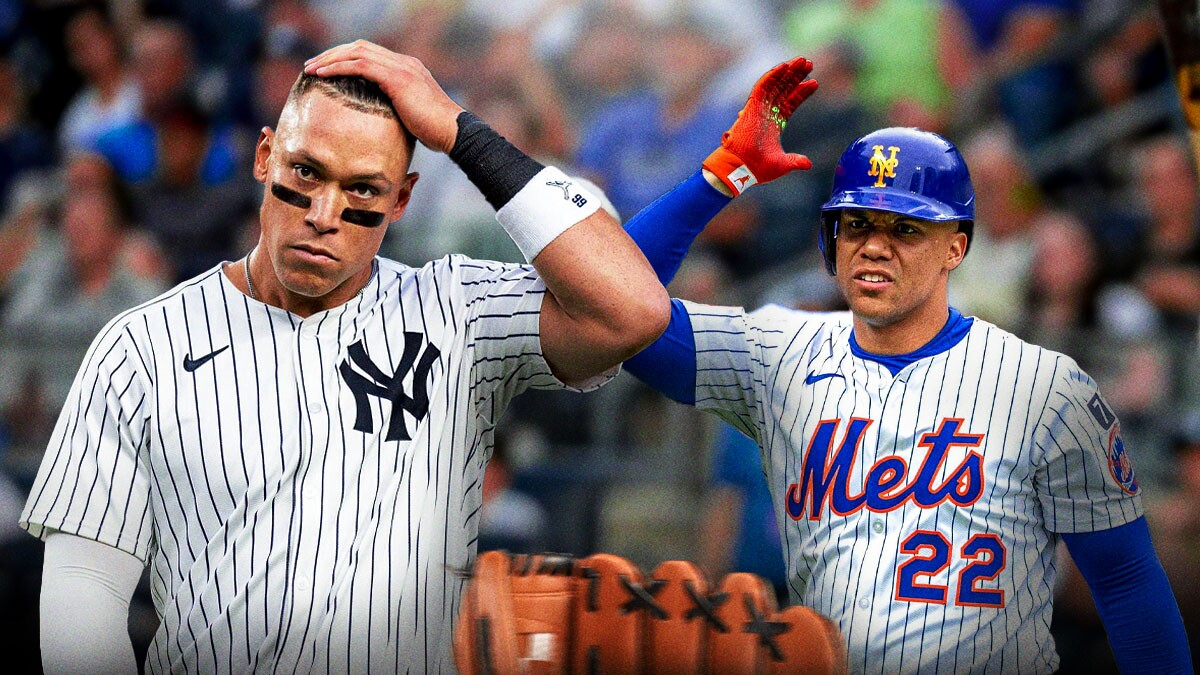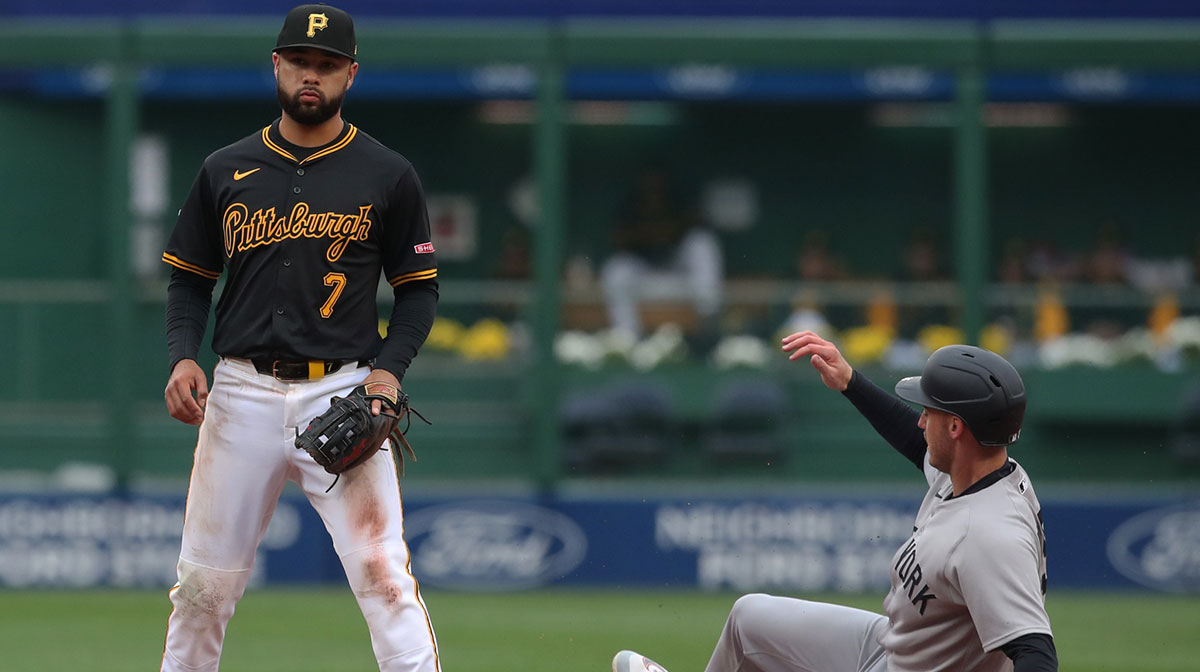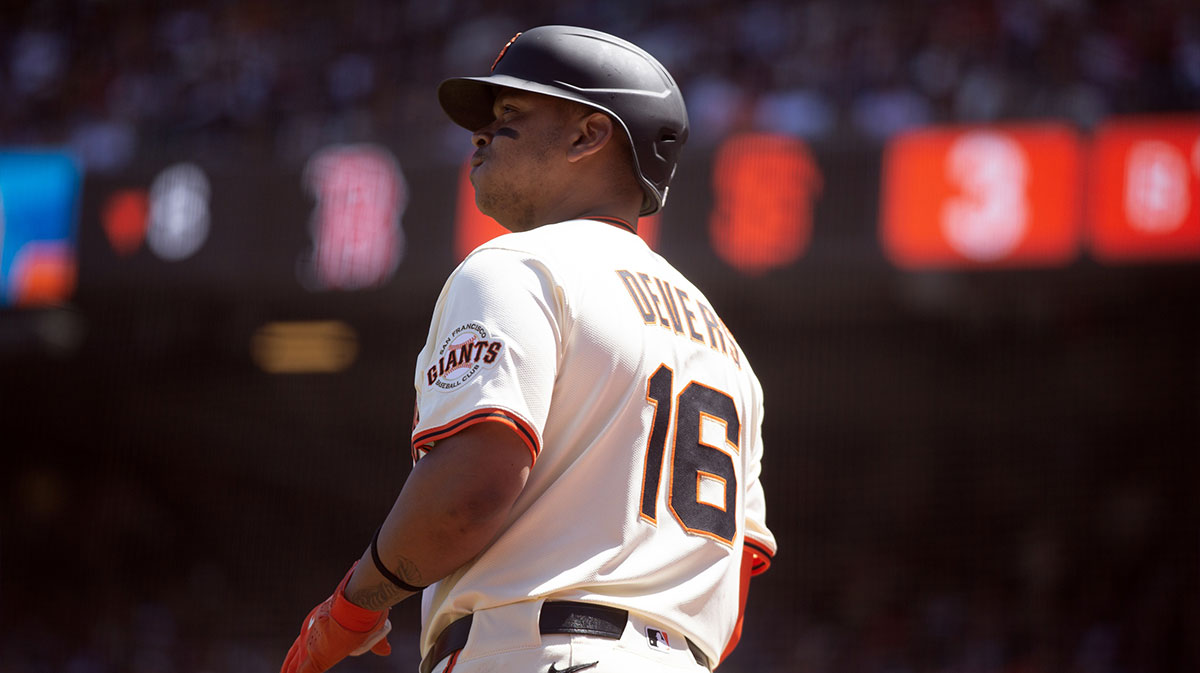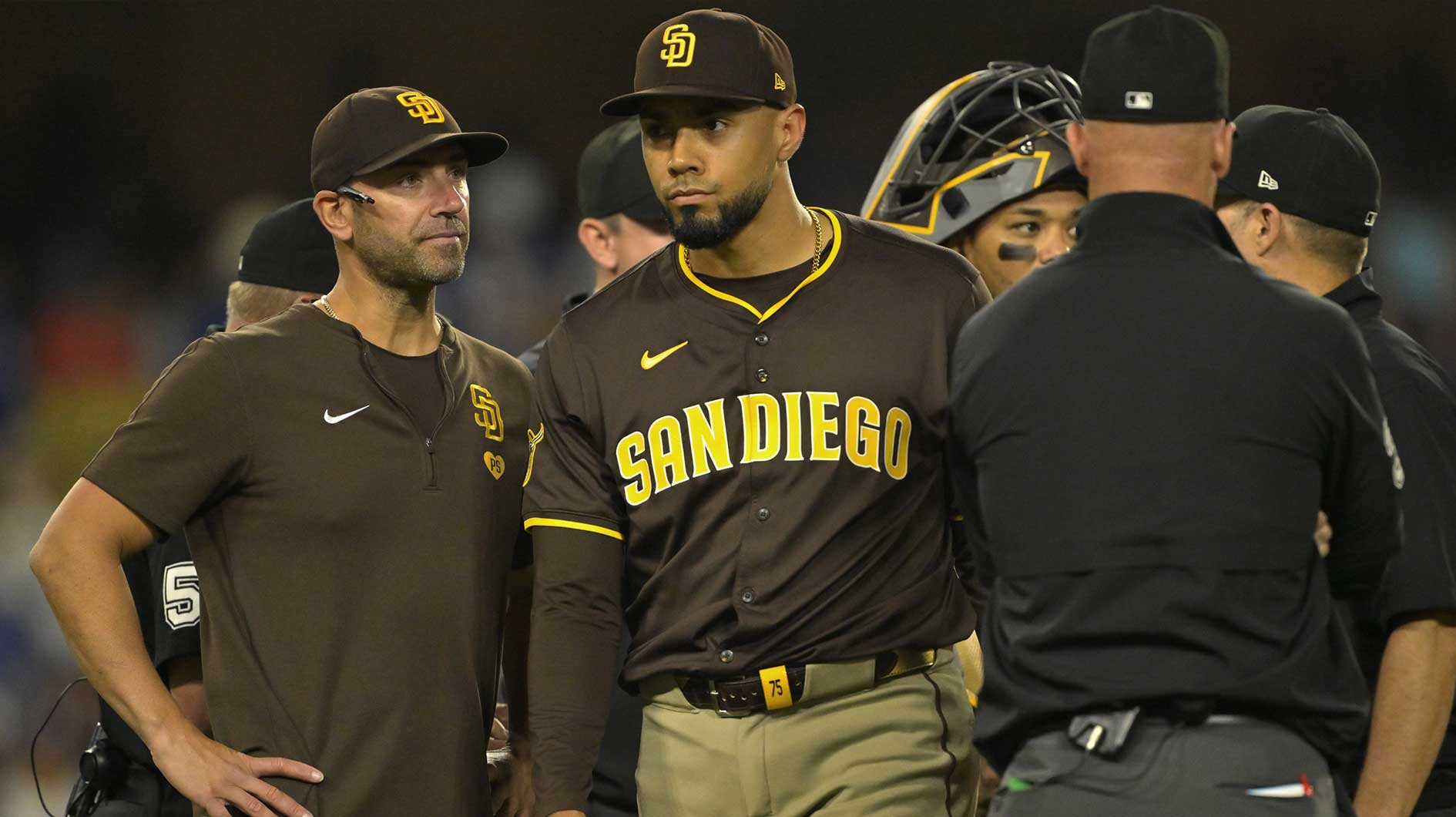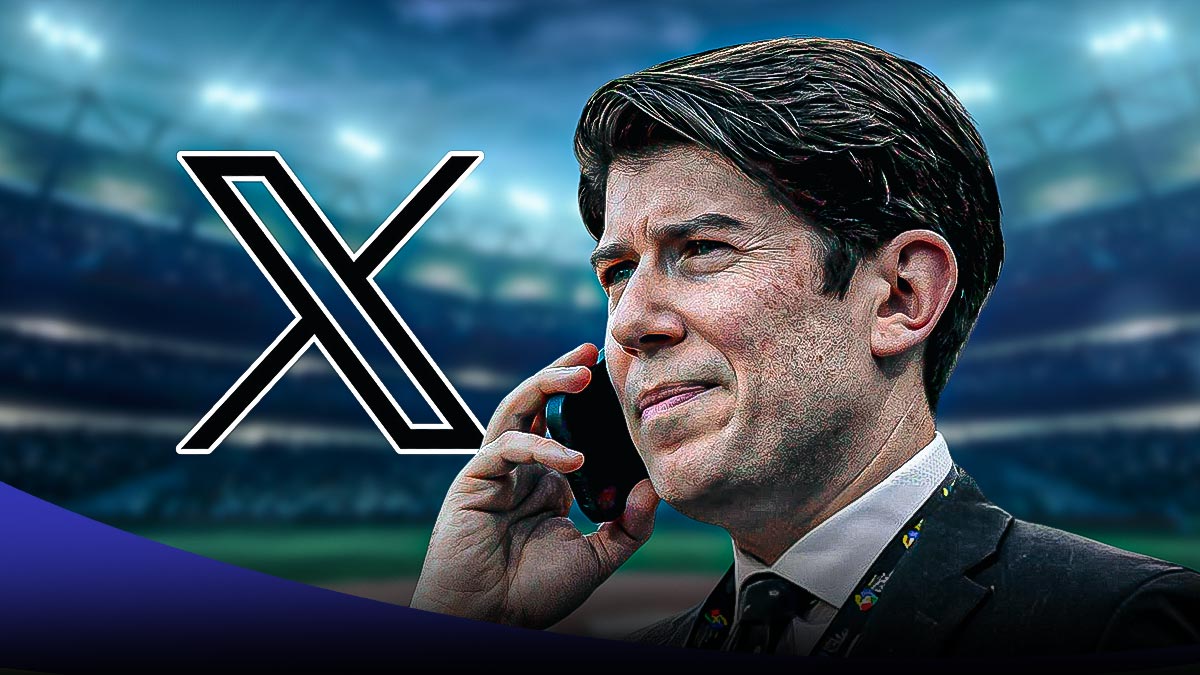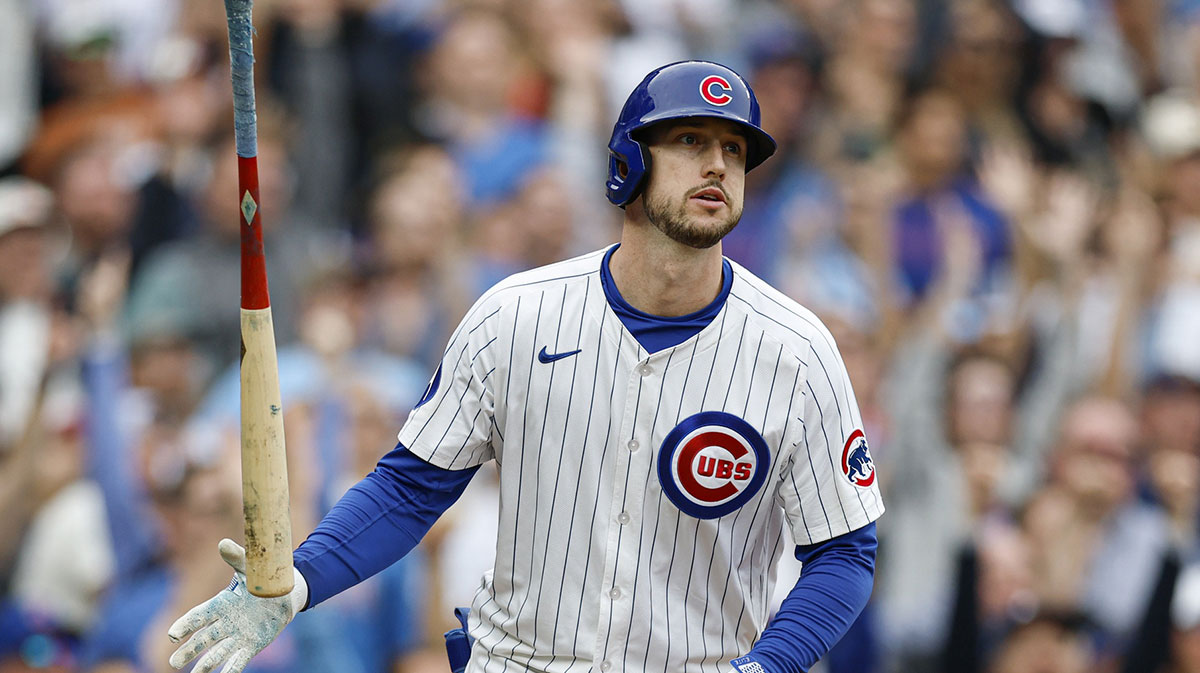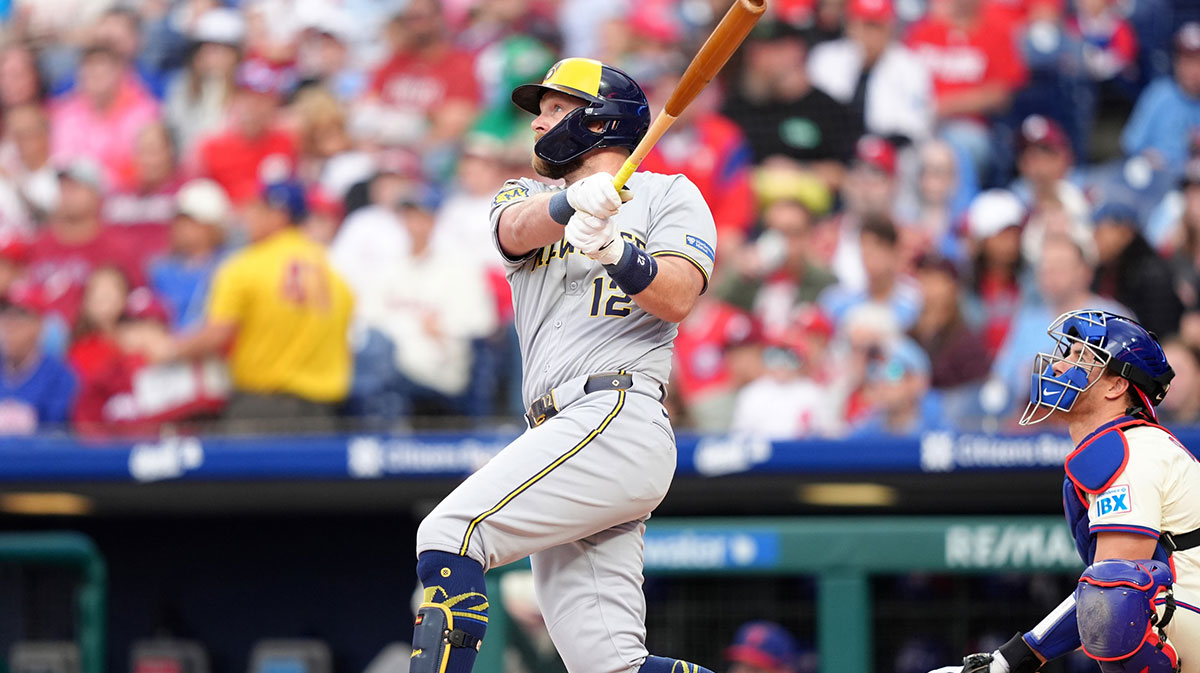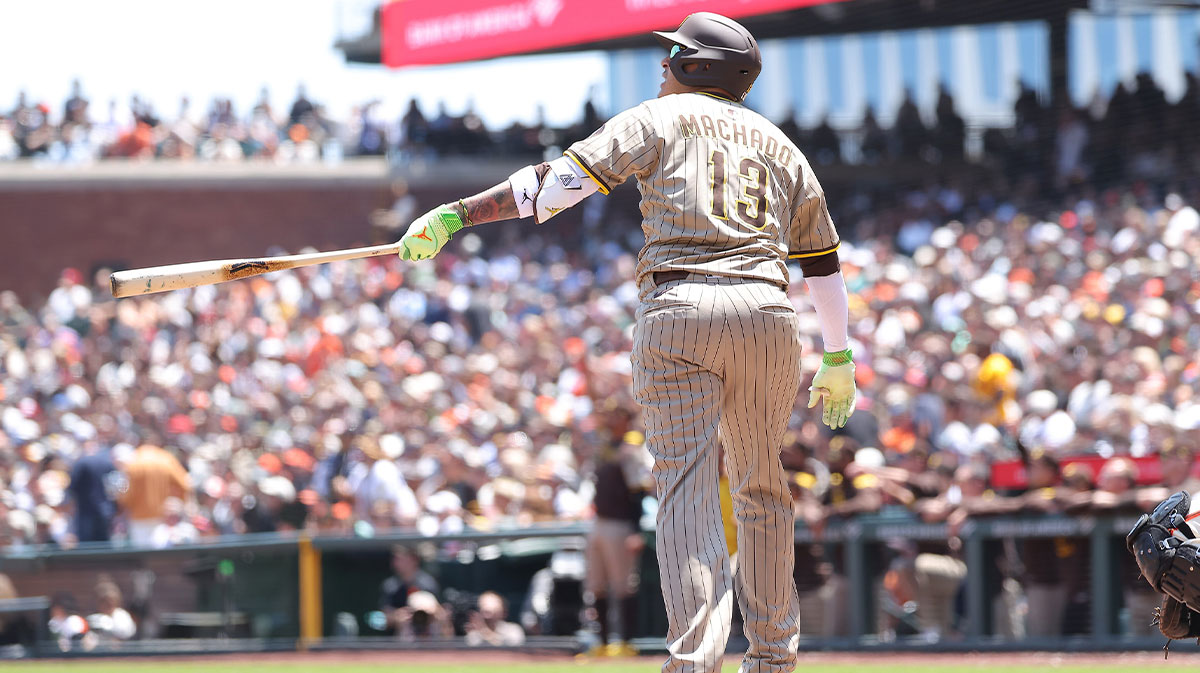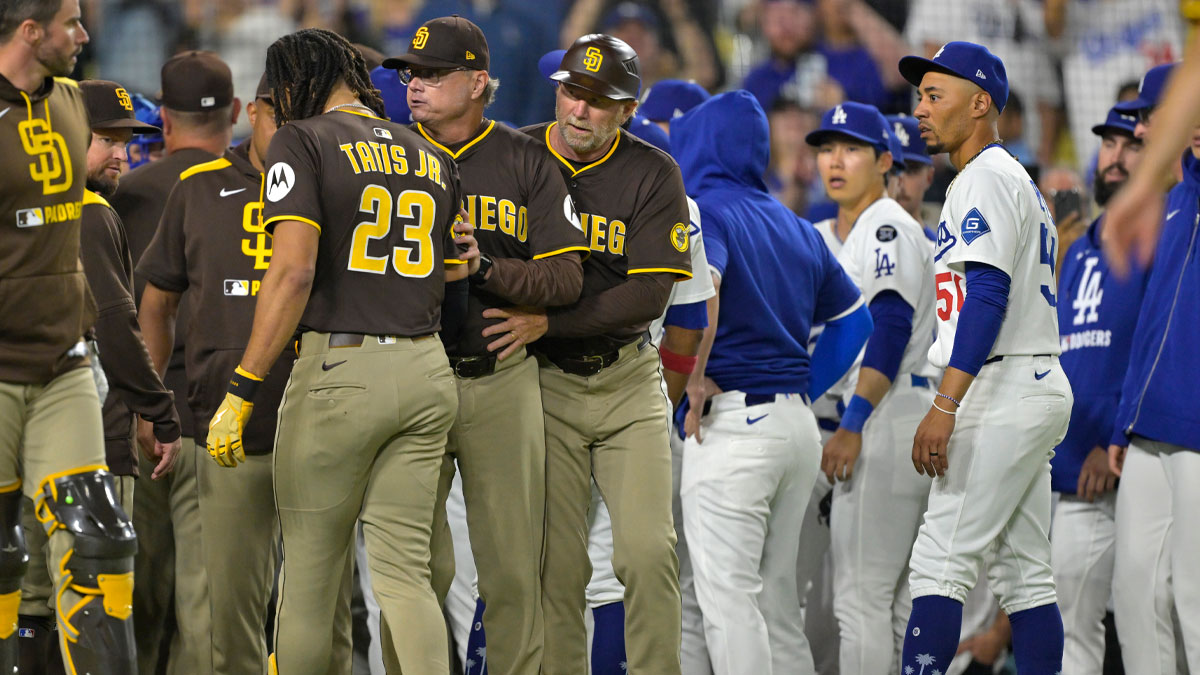With the Professional Baseball Agreement that is put in place between Major League Baseball and minor league baseball teams as a whole scheduled to run out after the 2020 season, an unfortunate proposal of cutting around 40 MiLB teams is in play. In a detailed piece written by J.J. Cooper of Baseball America, he notes that while this outcome is far from final, it is minimally on the table, and if implemented, would result in thousands of minor league players losing their jobs, not by the fault of their own.
The MLB, which has turned itself into one of the most power-hungry professional sports bodies in North America, is trying to get even more control over the sport by gaining ownership of minor league affiliates, which it currently does not have. While their message of wanting to improve the conditions of minor league parks and what not seems good on paper, their true meaning behind these actions cannot be seen as innocent in any way, shape or form.
A hot topic that has been burning bright for a while now has been the compensation of minor league players, which is not even close to fair, especially those who are drafted late or even signed for under $1,000 in their attempts to pursue a dream. Playing a children’s sport for a living is obviously a great way to live life, but life gets hard if players are forced to take second or third jobs in the offseason just to make ends meet.
Milwaukee Brewers outfielder Trent Grisham, who just made his major-league debut late this season, had gone through and applied for a position at FedEx, which is where he would have worked this offseason if not for the team calling him up and raising his pay exponentially. While paying all minor league players a livable wage should be an easy task to fathom, the revenue breakdowns and player earnings never have been quite close enough for that to occur.
Other aspects of this early-on proposal, according to Cooper, include ramifications such as forcing MLB teams to rearrange their minor league systems to accommodate the cuts, cut down on teams, provide more of a revenue stream to the big leagues from the minor leagues due to a pending wage increase for MiLB players, and forcing clubs to jump levels (Single-A to Triple-A, Triple-A to Single-A, etc.) to make leagues even in numbers.
Not since 1990 has there been a sense of contentious bargaining between the two parties when it comes to agreeing upon a new PBA, but this year’s Winter Meetings looks to be one that will be less of a celebration and more of an argument. If the MLB was to assume control over more aspects of the MiLB, including the league arrangement, affiliations and team allotment, then a change in power would be occurring, which can only spell bad news.
For over 100 years, the MiLB has controlled the aspects of geography and affiliations, and, according to Cooper, if these changes were to occur, then a complete restructuring of what we know as the sport of baseball would occur for the first time in 50-plus years.
As a slight sliver of hope, for the teams that would be cut, they would join a faux pau affiliated part of the minor leagues, entitled the “Dream League.” In this league, the 40 or so teams that were removed from direct MLB team affiliation would include players that were undrafted or were minor-league free agents, and they would play each other for the chance to be signed by MLB teams, either to their system or to their big-league rosters.
A fee, rumored to be around $5,000 per player transaction, would be paid by every MLB team each time they were to make a move, a la sign a player. Similar in style to a transaction fee that European soccer teams would have to pay, the difference here is that this money would not go to another team, because these players, while affiliated with teams in the Dream League, would not be in any professional team’s system, making them free to sign with whatever team they would prefer.
While there is a ton more information to be unpacked, and that Cooper does very well in his original article, the facts remain that the MLB is trying to ruin baseball as we know it. With an attempt to bleed the minor league systems dry, to the point where they need to be given to the MLB so they can function again and operate with top-notch facilities, is a far cry from the morals that are taught to all of our kids during their tee ball stages.
If commissioner Rob Manfred and his posse of money seekers and fun suckers are only focused on money and improving their image, then this move can be seen as something that is predictable and right up their alley. With all signs pointing towards money being the main source of motivation for these proposals, then baseball is quickly losing the kindred spirit that currently makes it the favorite pastime of the United States of American, and a sport that can be celebrated across many different cultures and locations.
Shame on the commissioner, who is quickly unendearing himself to baseball fans everywhere, and shame on his morality (lack thereof) for even thinking that these changes can help make baseball a better sport. With all of the money being funneled to the top where the big stars make their presence felt and known on national television, it is the players who are grinding non-stop in the minor leagues with nothing promised or guaranteed to them that truly makes baseball as good as it is.
If that mindset and that set of ideals are lost in the translation and thrown to the side with the new PBA, then the sport of baseball may have an accelerated timeline to when it is no longer considered a big-time sport. Until then, let us hope that this offseason and the 2020 season provide a sense of recollection and thought processing to finally understand that those proposed changes will set the sport of baseball even farther behind.

